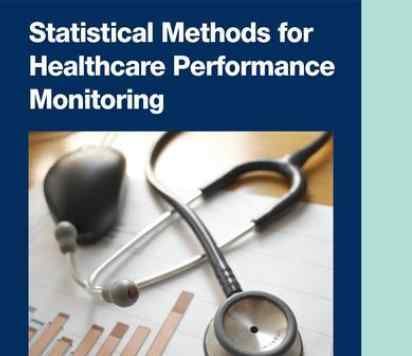BibTex format
@article{Rao:2017:2017/7062146,
author = {Rao, AM and Bottle, R and Darzi, A and Aylin, P},
doi = {2017/7062146},
journal = {Stroke Research and Treatment},
title = {Sequence analysis of long-term readmissions among high-impact users of cerebrovascular patients},
url = {http://dx.doi.org/10.1155/2017/7062146},
volume = {2017},
year = {2017}
}
RIS format (EndNote, RefMan)
TY - JOUR
AB - Objective. Understanding the chronological order of the causes of readmissions may help us assess any repeated chain of events among high-impact users, those with high readmission rate. We aim to perform sequence analysis of administrative data to identify distinct sequences of emergency readmissions among the high-impact users. Methods. A retrospective cohort of all cerebrovascular patients identified through national administrative data and followed for 4 years. Results. Common discriminating subsequences in chronic high-impact users () of ischaemic stroke () were “urological conditions-chest infection,” “chest infection-urological conditions,” “injury-urological conditions,” “chest infection-ambulatory condition,” and “ambulatory condition-chest infection” (). Among TIA patients (), common discriminating () subsequences among chronic high-impact users were “injury-urological conditions,” “urological conditions-chest infection,” “urological conditions-injury,” “ambulatory condition-urological conditions,” and “ambulatory condition-chest infection.” Among the chronic high-impact group of intracranial haemorrhage () common discriminating subsequences () were “dementia-injury,” “chest infection-dementia,” “dementia-dementia-injury,” “dementia-urine infection,” and “injury-urine infection.” Conclusion. Although common causes of readmission are the same in different subgroups, the high-impact users had a higher proportion of patients with distinct common sequences of multiple readmissions as identified by the sequence analysis. Most of these causes are potentially preventable and can be avoided in the community.
AU - Rao,AM
AU - Bottle,R
AU - Darzi,A
AU - Aylin,P
DO - 2017/7062146
PY - 2017///
SN - 2090-8105
TI - Sequence analysis of long-term readmissions among high-impact users of cerebrovascular patients
T2 - Stroke Research and Treatment
UR - http://dx.doi.org/10.1155/2017/7062146
UR - http://hdl.handle.net/10044/1/48282
VL - 2017
ER -
